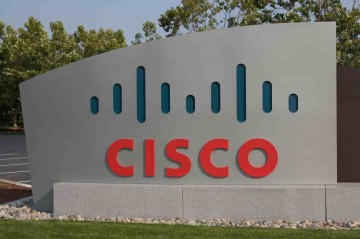Audiovisual reseller AVI-SPL has written a cheque for the Dublin-based AV integration specialist Sonics.
Sonics partners with the likes of Zoom, Sennheiser, Logitech, NEC, Polytech and LG.
AVI-SPL claims it sees “tremendous growth opportunity with Sonics in its local market” and hopes to bolster its operations there, while it also plans to “significantly strengthen its capabilities in Europe and beyond”.
AVI-SPL MD Michael Kellaway said: “Both companies have led the way in creating customer success with leading-edge AV and unified communications deployments and exceptional day-two services to support them. I’m thrilled to welcome Sonics to our team.”







 Security outfit Snyk has snapped up cloud security and compliance company Fugue.
Security outfit Snyk has snapped up cloud security and compliance company Fugue.











